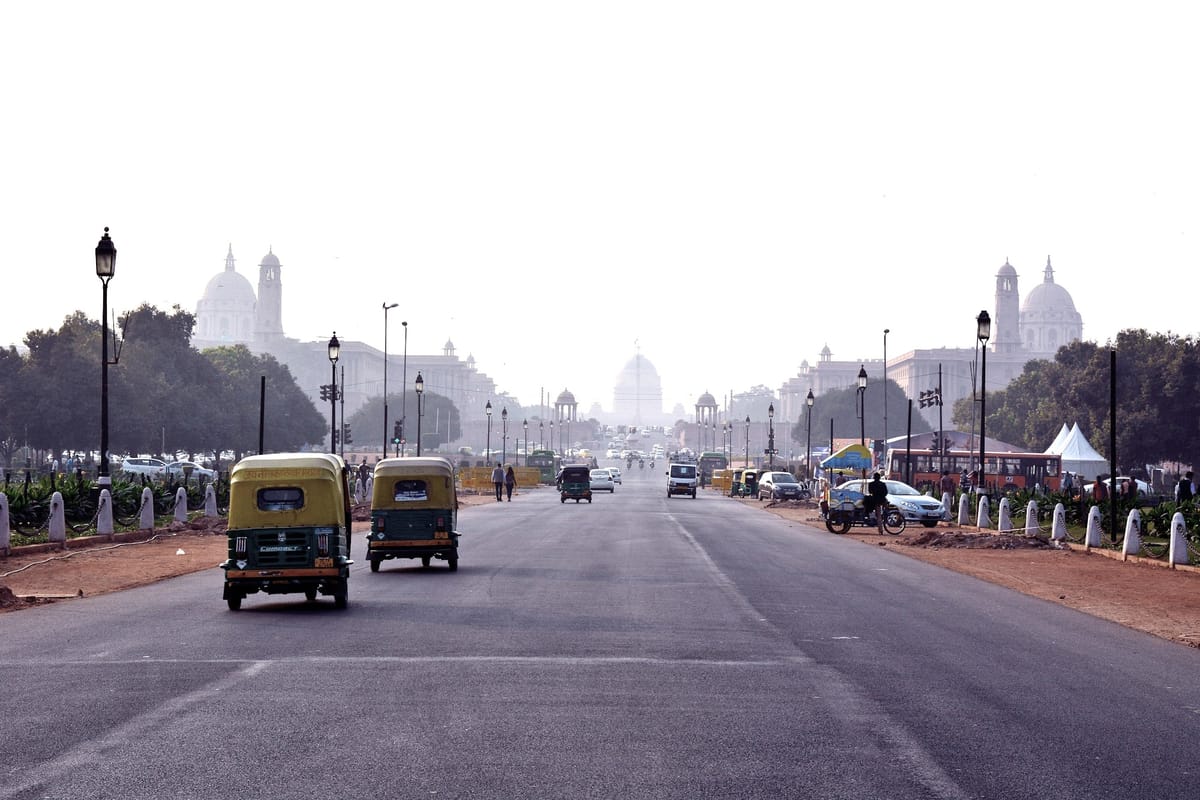India's Permission Slip Problem

Most successful countries have a bureaucracy that enables. India has one that prevents. When a nation's default response to innovation, growth and change is 'no, unless we specifically allow it', —it's a system designed for control, not progress.
India's bureaucratic labyrinth wasn't built to facilitate greatness. It a colonial construct designed to manage, to regulate, to extract and most importantly—to sustain itself.
The politicians understand this game perfectly. They've mastered it. They don't campaign on dismantling the machine. They promise to put you in control of it. But the machine doesn't create value. It distributes permissions. It grants exceptions. It decides winners. And in this game, the bureaucrats and politicians always win.
Consider the entrepreneur facing 12 different agencies for one permit. Each desk becomes a toll booth. Each signature has a price. Not just in time and patience, but in rupees.
But the system isn't broken. It's working precisely as designed. Growth happens not because of this system but despite it. It emerges in the spaces between regulations, in the exceptions granted to the well-connected, in the sectors temporarily overlooked.
This creates a perverse incentive structure: politicians need just enough growth to fund their patronage networks, but not so much that it empowers independent centers of power beyond their control.
It's a system that rewards conformity, not creativity.
Connections, not competence. Patience, not inspiration.
The bureaucracy becomes not a platform but a gatekeeper, turning public service into private advantage. And when corruption becomes the lubricant that makes the system work, everyone pays the tax—a tax on ambition, on innovation, on the future itself.
So can India can grow at 7% or 8% annually? That's not the question. The question is what might be possible without this permission slip economy.
What if the default was 'yes, unless' instead of 'no, until' ? What if the idea of serving citizens replaced the systematic zeal to control them? What if politicians competed on who could remove the most barriers instead of who could distribute the most favors?
The biggest tragedy of this system isn't just the growth that is not achieved. It's the dignity denied to citizens forced to navigate a system that treats their aspirations as suspicious until proven worthy.
The most vibrant economies don't just happen. They're built on systems that amplify human potential rather than restrict it.
India doesn't need better bureaucrats.
It needs a completely different understanding of what bureaucracy is for.





